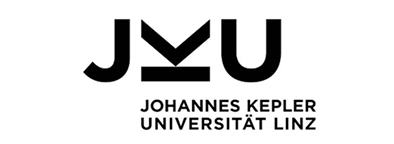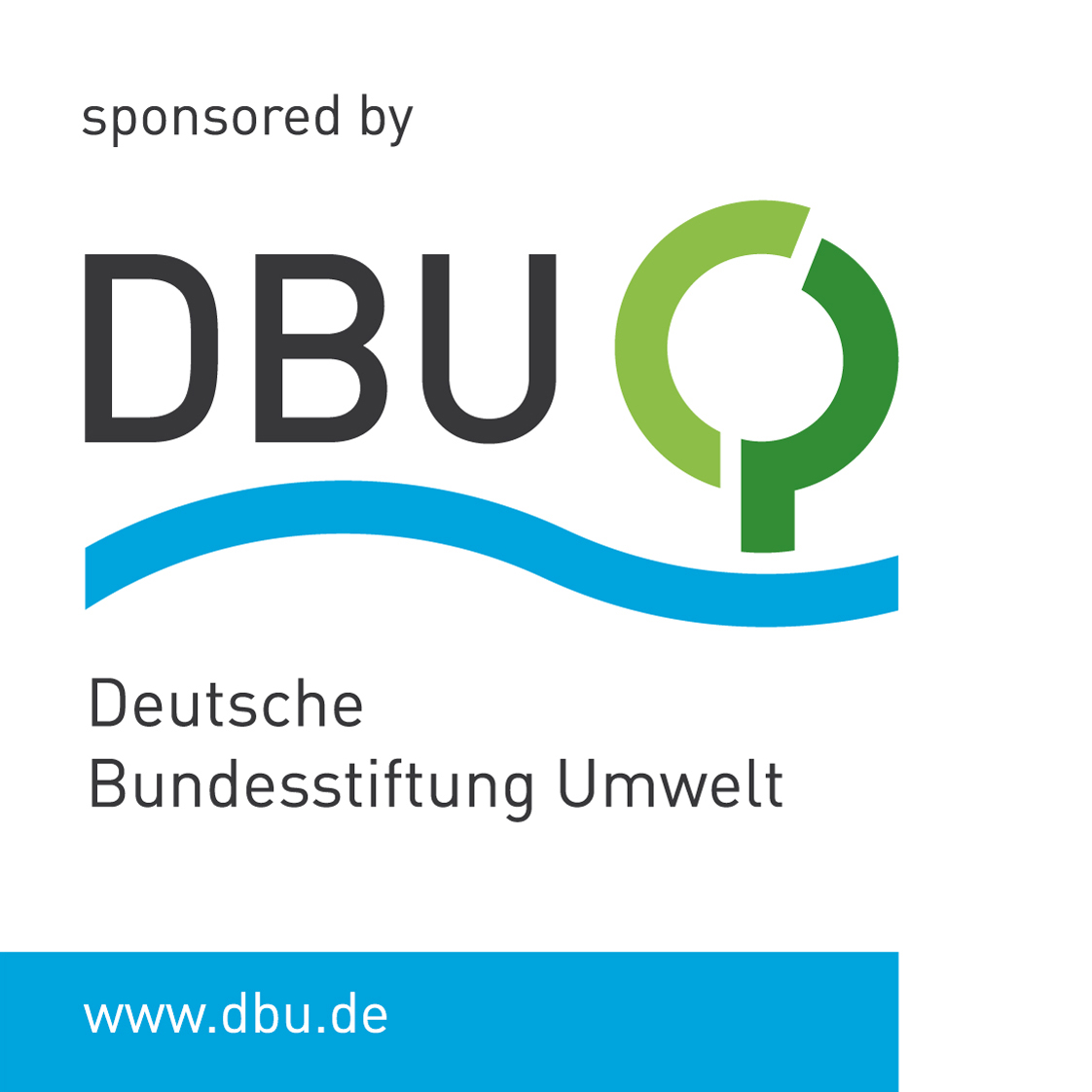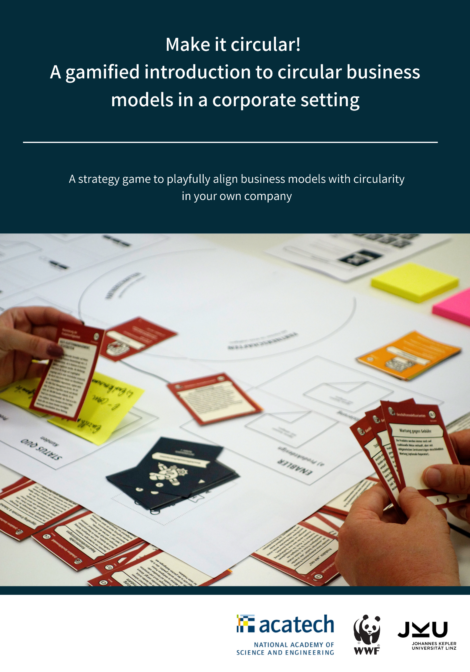Circular Economy Card Deck for Business Model Workshops (CE-CA-WO)

@ scyther5
Background
The climate crisis, biodiversity loss and plastic in the world’s oceans show us that we urgently need to change the way we use natural resources. The concept of the Circular Economy has the potential to lead a systemic change that enables us as a society to operate within our planetary boundaries.
A Circular Economy offers the opportunity for companies to develop new, sustainable and future-oriented business models. For the success of this desired transformation process, however, it is of central importance that Circular Business Models are not only taken up by a few pioneers, but are also broadly diffused through comprehensive market penetration.
Medium-sized companies as important drivers of system transformation
Medium-sized companies can contribute to a sustainable economy through circular value creation processes. To this end, the entire value chain is geared towards product longevity, the consumption of primary raw materials is reduced and the share of secondary raw materials in products is increased through high-quality recycling and more efficient return. The basis for this is formed by circular strategies such as maintaining and upgrading, repairing, reusing, refurbishing, remanufacturing and recycling. In addition, the entire value creation process starts with an orientation towards circular product design.
Particularly in Germany, medium-sized companies play a decisive role in this transformation process: as the backbone of the German economy, they can demonstrate how successful implementation works and just like a catalyst enable and accelerate the transition to Circular Economy.
Current challenges
However, many medium-sized companies in German-speaking countries are currently still prioritizing process innovations over business model innovations [1]. Although there are already companies that have very successfully replaced their previous linear value creation processes with a Circular Business Model and are doing pioneering work in their industry, the exchange between these few players still remains limited.
Due to a lack of experience with circular value creation processes and insufficient knowledge about the contents of a Circular Economy, many medium-sized companies are not yet able to clearly recognise the added value for their own company from the implementation of a Circular Business Model. Gaining knowledge about the contents of a Circular Economy therefore creates the opportunity to identify, define and work on the necessary prerequisites and challenges to a sufficient extent.
Objectives and solution approach
With the project Circular Economy Card Deck for Business Model Workshops (CE-CA-WO), funded by the The German Federal Environmental Foundation (Deutsche Bundesstiftung Umwelt DBU), acatech, the WWF Germany and the Johannes Kepler University Linz have set themselves the goal of informing medium-sized companies about the most important contents of a Circular Economy and Circular Business Models and enabling them to put their existing business models to the test and to align them towards circularity.
With the help of a graphically appealing card deck and a complementary moderation guide, companies will be shown how entrepreneurial activity can be reconciled with climate protection and resource conservation. In light of the current events of the Corona pandemic, the opportunity should also become clear how Circular Business Models can result in more resilience: greater use of take-back systems and a higher share of secondary raw materials reduce dependence on primary raw materials and challenges in supply chain processes, thereby increasing their own resilience [2].
The card deck is to be based on the contents of a typology with 22 Circular Business Model Patterns, which were developed in the working group “Circular Business Models” of the Circular Economy Initiative Deutschland and published in the report “Circular Business Models: Overcoming Barriers, UnleashingPotentials“. Through the development and provision of a moderation guide and other supporting material, companies themselves are to be enabled to conduct workshops based on the card deck within their own organisations. With the help of these workshop tools, the potential of circularity in business practice is to be conveyed in a good and understandable way.
Further information
Publication „Circular Business Models: Overcoming Barriers, Unleashing Potentials“
[1] Vgl. Cisco Systems GmbH 2019, p. 8.
[2] Circular Economy Initiative Deutschland 2020b, p. 91.










